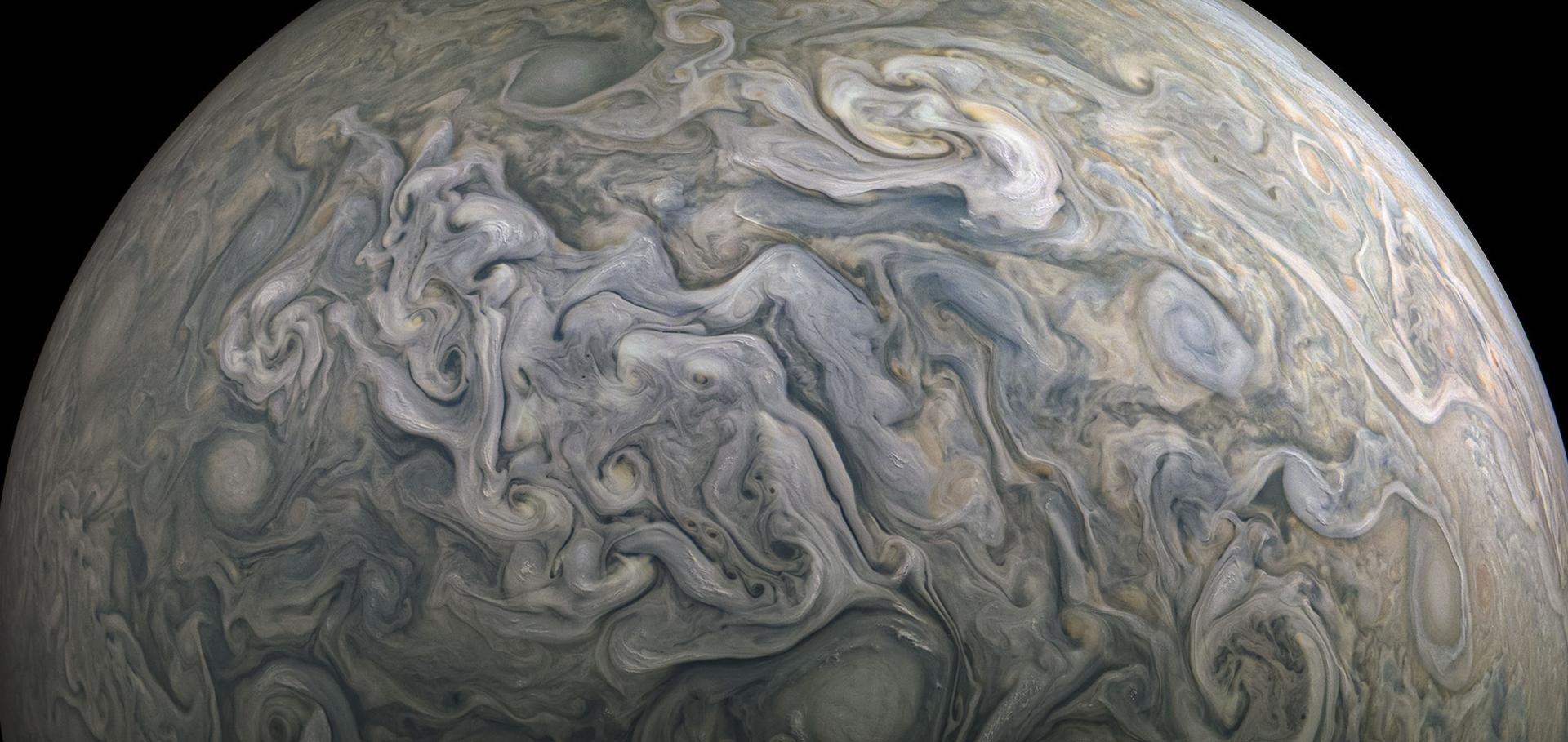Escaping Helium and a Highly Muted Spectrum Suggest a Metal-enriched Atmosphere on Sub-Neptune GJ 3090 b from JWST Transit Spectroscopy
The Astrophysical Journal Letters American Astronomical Society 985:1 (2025) l10
What controls the bulk iron content of rocky planets?
Copernicus Publications (2025)
Exoplanetary Ionospheric Temperatures on the Edge of Airlessness
Copernicus Publications (2025)
Barotropic Instability
Chapter in Reference Module in Earth Systems and Environmental Sciences, Elsevier (2025)


